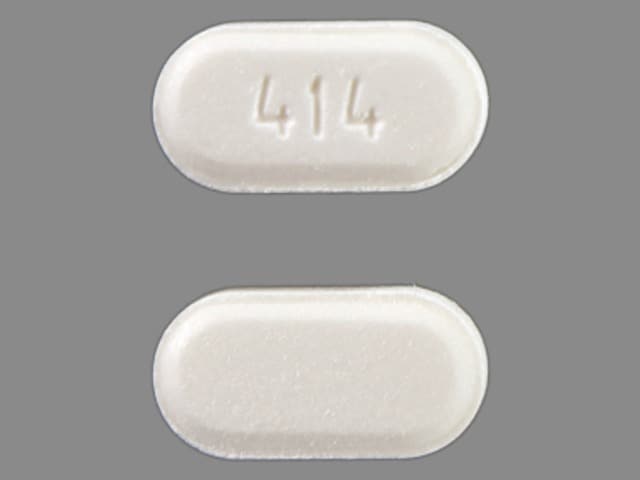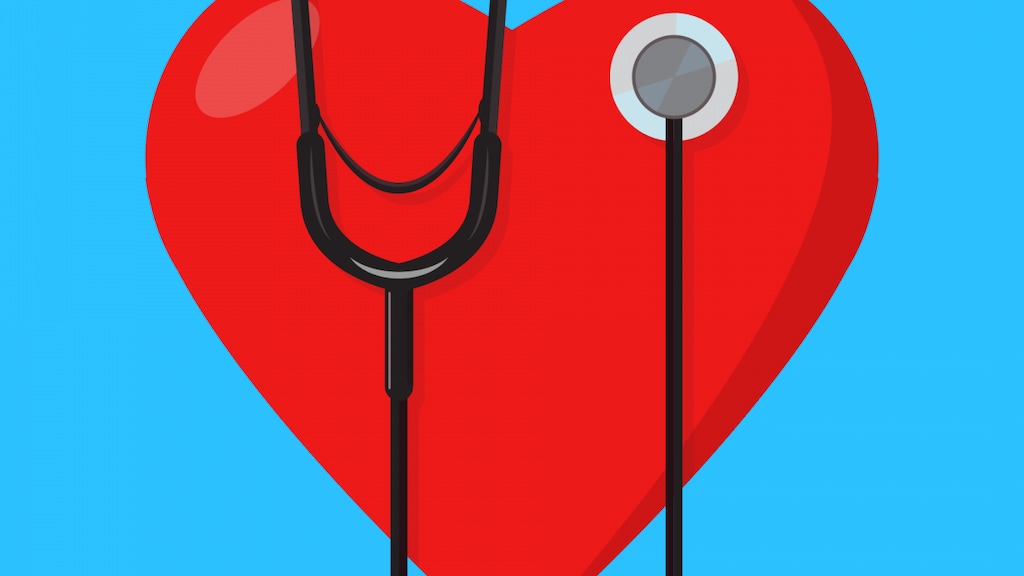What is Zetia?
Zetia is a medicine used to lower levels of total cholesterol and LDL (bad) cholesterol in the blood. Zetia is for patients who cannot control their cholesterol levels by diet and exercise alone. It can be used by itself or with other medicines to treat high cholesterol. You should stay on a cholesterol-lowering diet while taking this medicine.
Zetia works to reduce the amount of cholesterol your body absorbs. Zetia does not help you lose weight. Zetia has not been shown to prevent heart disease or heart attacks.
What should I know about high cholesterol?
Cholesterol is a type of fat found in your blood. Your total cholesterol is made up of LDL and HDL cholesterol.
LDL cholesterol is called "bad" cholesterol because it can build up in the wall of your arteries and form plaque. Over time, plaque build-up can cause a narrowing of the arteries. This narrowing can slow or block blood flow to your heart, brain, and other organs. High LDL cholesterol is a major cause of heart disease and one of the causes for stroke.
HDL cholesterol is called "good" cholesterol because it keeps the bad cholesterol from building up in the arteries.
Triglycerides also are fats found in your blood.
Who should not take Zetia?
- Do not take Zetia if you are allergic to ezetimibe, the active ingredient in Zetia, or to the inactive ingredients. For a list of inactive ingredients, see the ingredients section below.
- If you have active liver disease, do not take Zetia while taking cholesterol-lowering medicines called statins.
- If you are pregnant or breastfeeding, do not take Zetia while taking a statin.
- If you are a woman of childbearing age, you should use an effective method of birth control to prevent pregnancy while using Zetia added to statin therapy.
Zetia has not been studied in children under age 10.
What should I tell my healthcare provider before and while taking Zetia?
Tell your doctor about any prescription and nonprescription medicines you are taking or plan to take, including natural or herbal remedies.
Tell your doctor about all your medical conditions including allergies.
Tell your doctor if you:
- ever had liver problems. Zetia may not be right for you.
- are pregnant or plan to become pregnant. Your doctor will discuss with you whether Zetia is right for you.
- are breastfeeding. We do not know if Zetia can pass to your baby through your milk. Your doctor will discuss with you whether Zetia is right for you.
- experience unexplained muscle pain, tenderness, or weakness.
How should I take Zetia?
- Take Zetia once a day, with or without food. It may be easier to remember to take your dose if you do it at the same time every day, such as with breakfast, dinner, or at bedtime. If you also take another medicine to reduce your cholesterol, ask your doctor if you can take them at the same time.
- If you forget to take Zetia, take it as soon as you remember. However, do not take more than one dose of Zetia a day.
- Continue to follow a cholesterol-lowering diet while taking Zetia. Ask your doctor if you need diet information.
- Keep taking Zetia unless your doctor tells you to stop. It is important that you keep taking Zetia even if you do not feel sick.
See your doctor regularly to check your cholesterol level and to check for side effects. Your doctor may do blood tests to check your liver before you start taking Zetia with a statin and during treatment.
What are the possible side effects of Zetia?
In clinical studies patients reported few side effects while taking Zetia. These included:
- diarrhea
- joint pains
- feeling tired.
Patients have experienced severe muscle problems while taking Zetia, usually when Zetia was added to a statin drug. If you experience unexplained muscle pain, tenderness, or weakness while taking Zetia, contact your doctor immediately. You need to do this promptly, because on rare occasions, these muscle problems can be serious, with muscle breakdown resulting in kidney damage.
Additionally, the following side effects have been reported in general use:
- allergic reactions (which may require treatment right away) including swelling of the face, lips, tongue, and/or throat that may cause difficulty in breathing or swallowing, rash, and hives
- raised red rash, sometimes with target-shaped lesions
- joint pain
- muscle aches
- alterations in some laboratory blood tests
- liver problems
- stomach pain
- inflammation of the pancreas
- nausea
- dizziness
- tingling sensation
- depression
- headache
- gallstones
- inflammation of the gallbladder.
Tell your doctor if you are having these or any other medical problems while on Zetia. For a complete list of side effects, ask your doctor or pharmacist.
Zetia Images
General information about the safe and effective use of Zetia
Medicines are sometimes prescribed for conditions that are not mentioned in patient information leaflets. Do not use Zetia for a condition for which it was not prescribed. Do not give Zetia to other people, even if they have the same condition you have. It may harm them.
This summarizes the most important information about Zetia. If you would like more information, talk with your doctor. You can ask your pharmacist or doctor for information about Zetia that is written for health professionals.
Storage
Store at 25°C (77°F); excursions permitted to 15–30°C (59–86°F). Protect from moisture.
What are the ingredients in Zetia?
Active Ingredient: ezetimibe
Inactive ingredients: croscarmellose sodium, lactose monohydrate, magnesium stearate, microcrystalline cellulose, povidone, and sodium lauryl sulfate.





